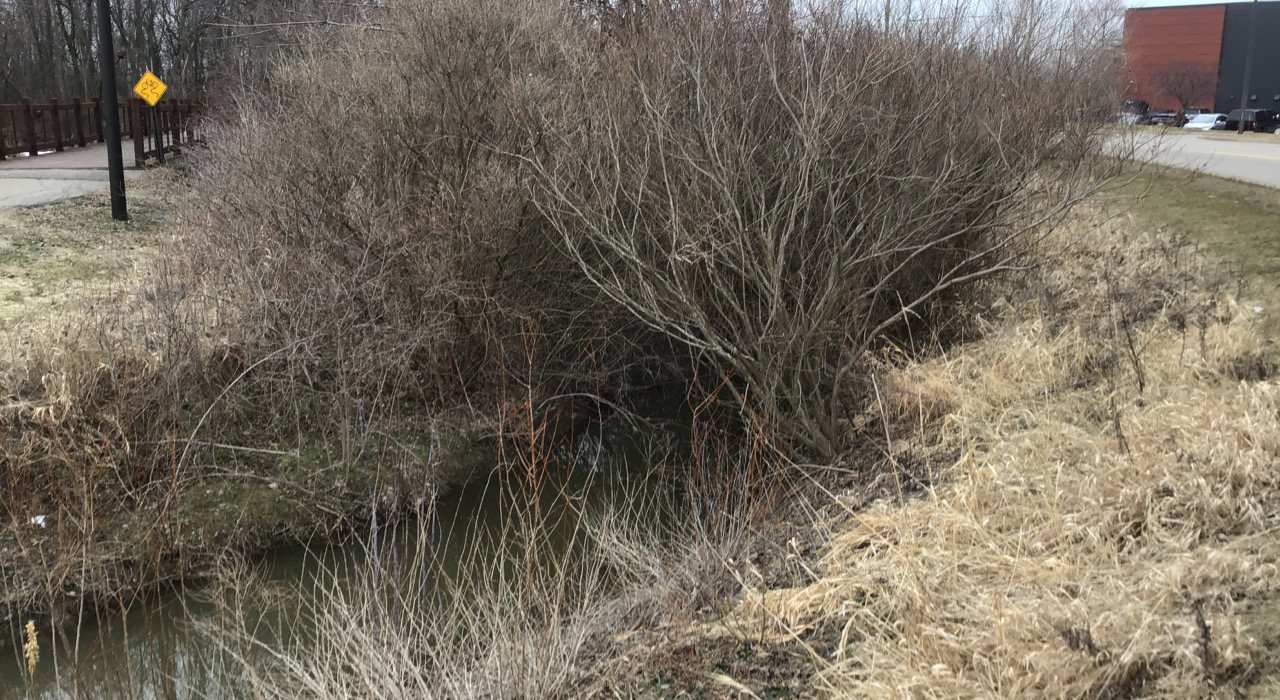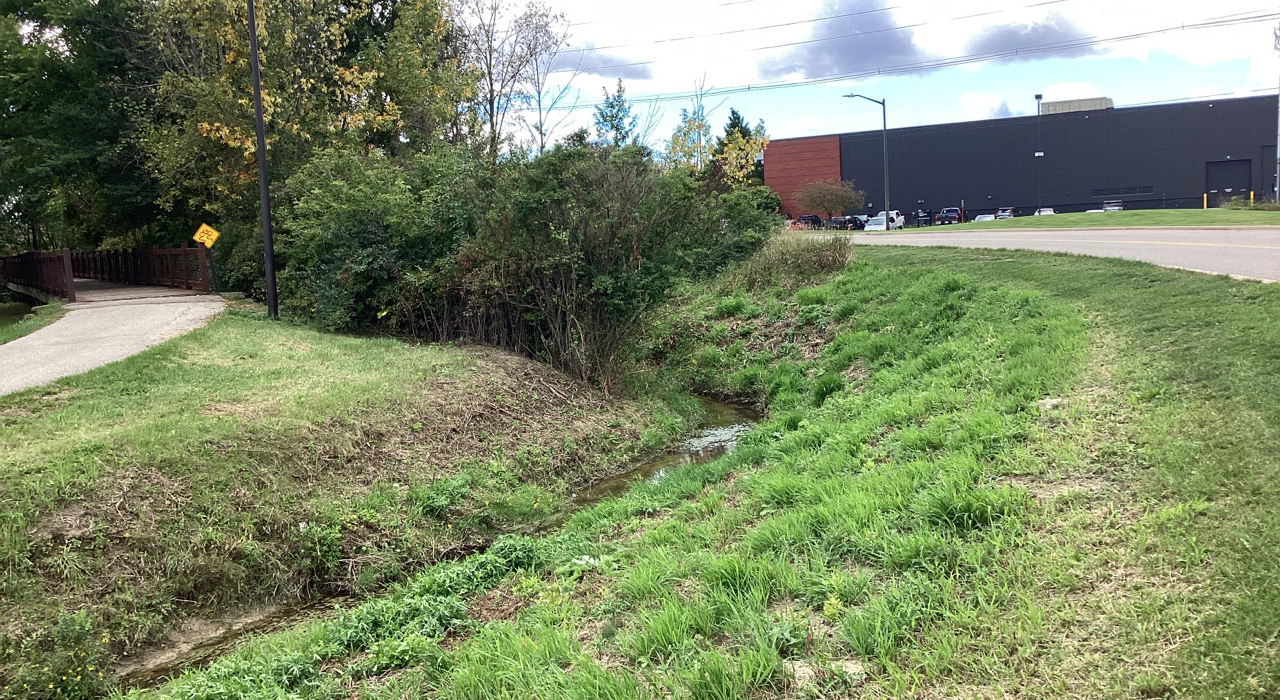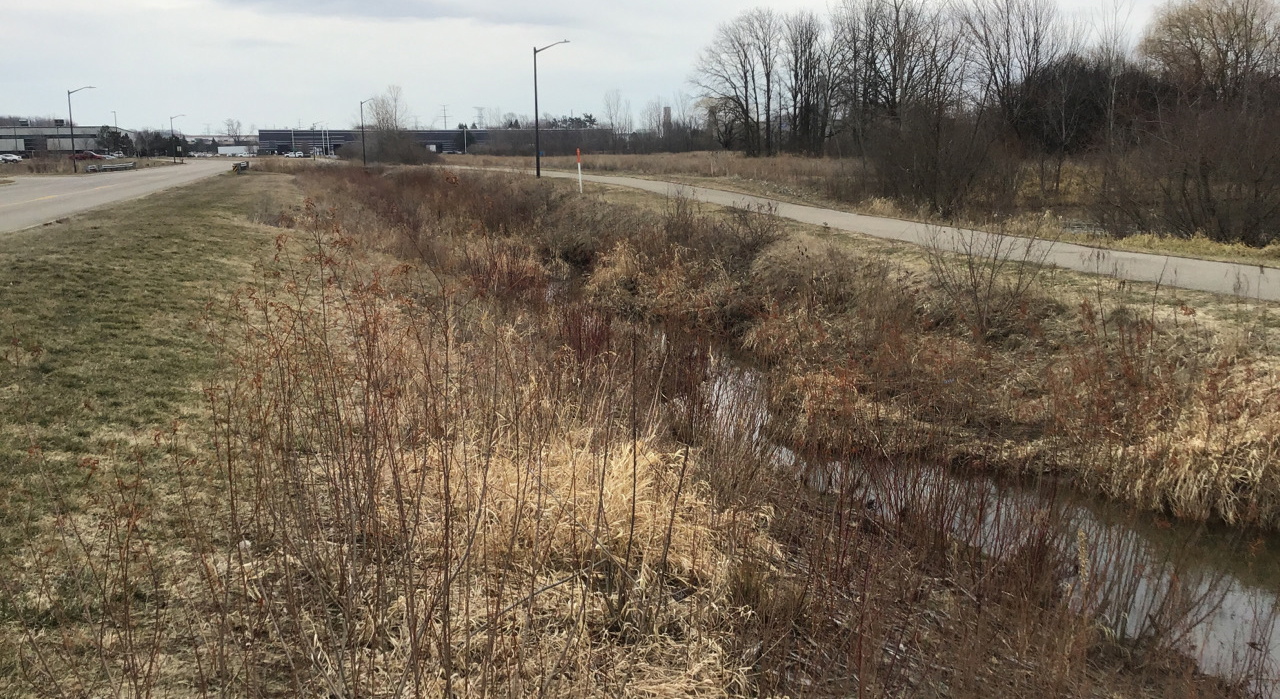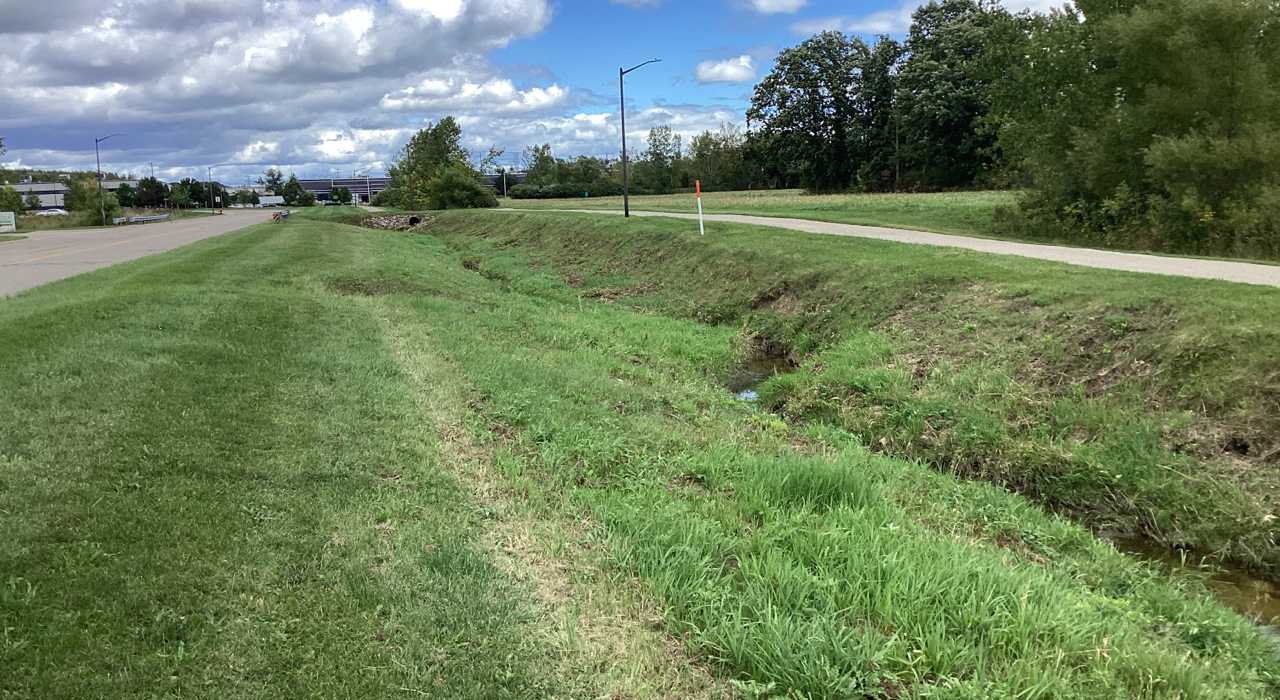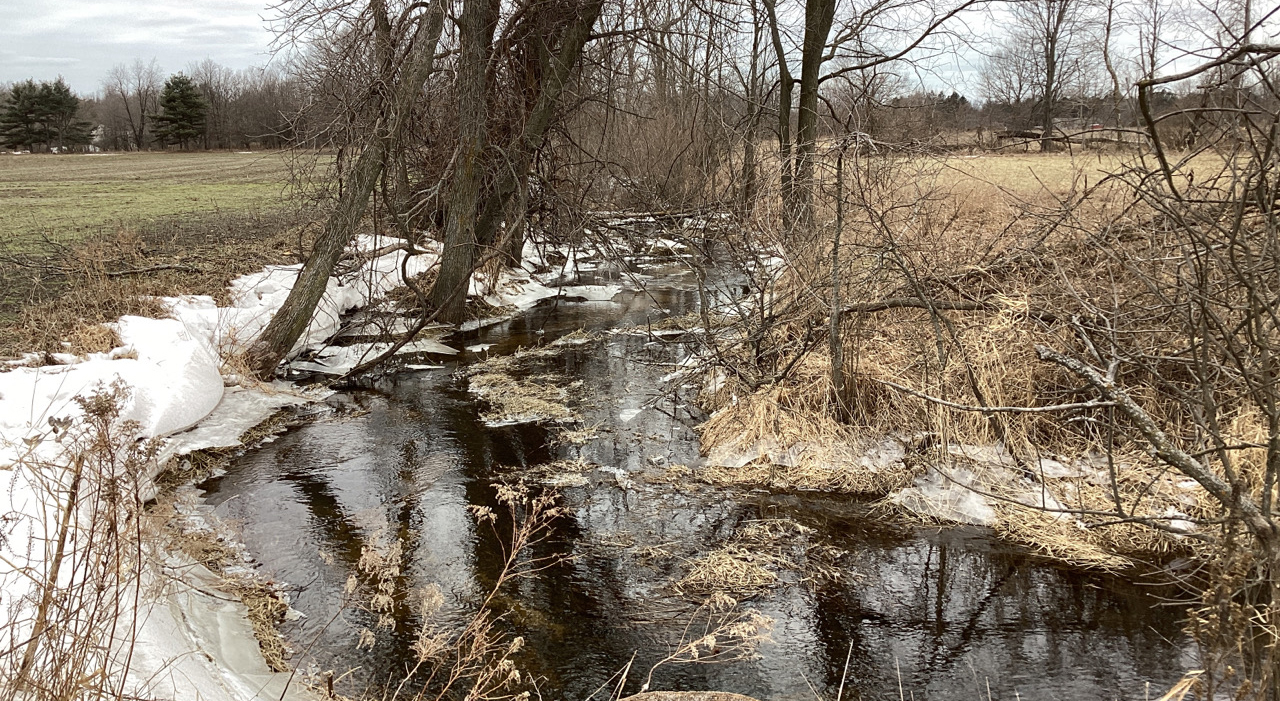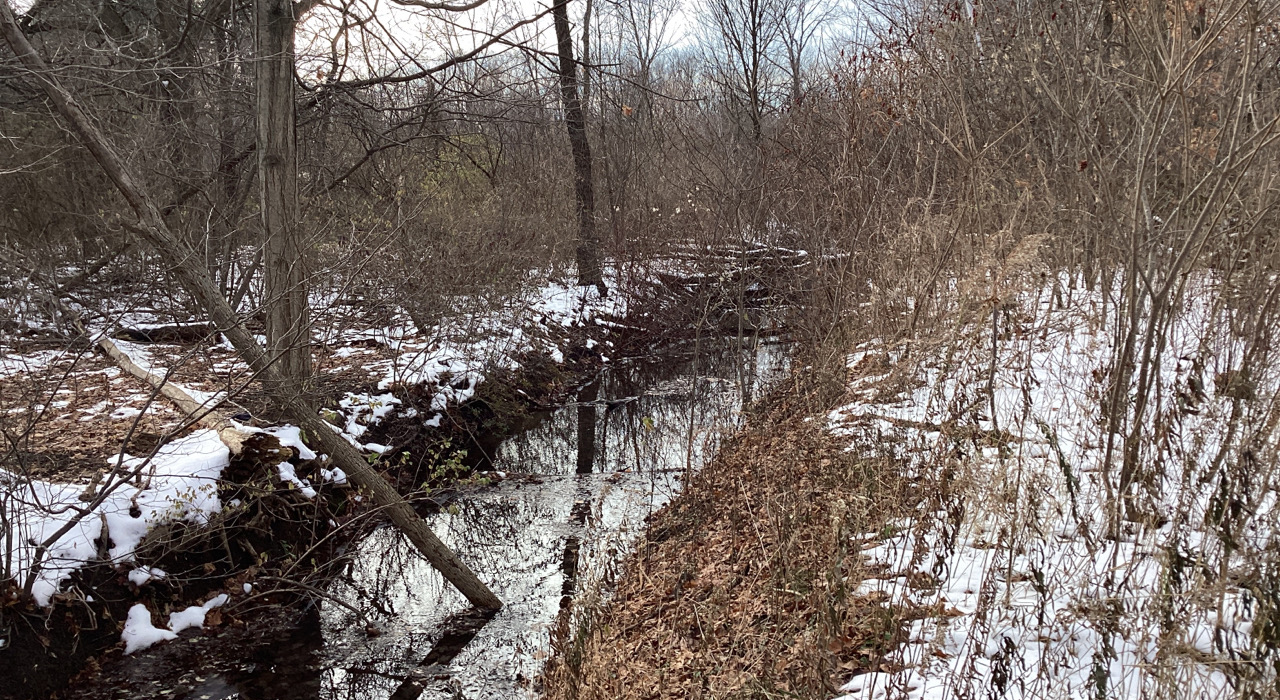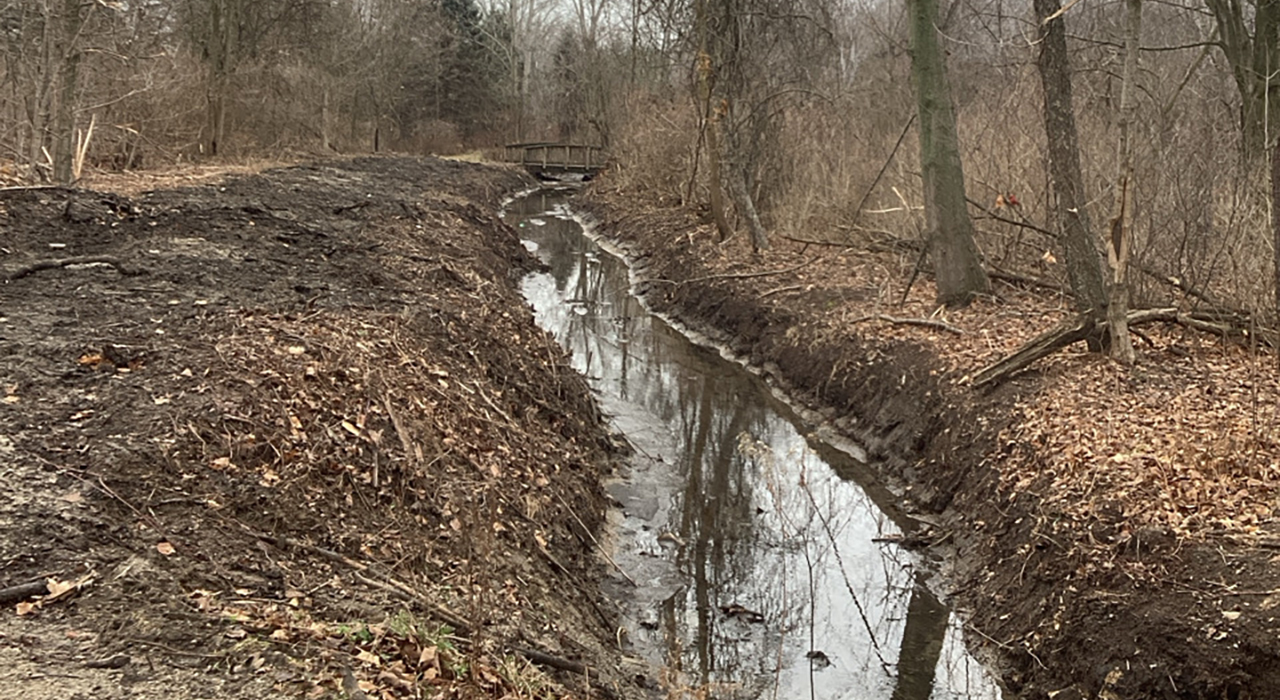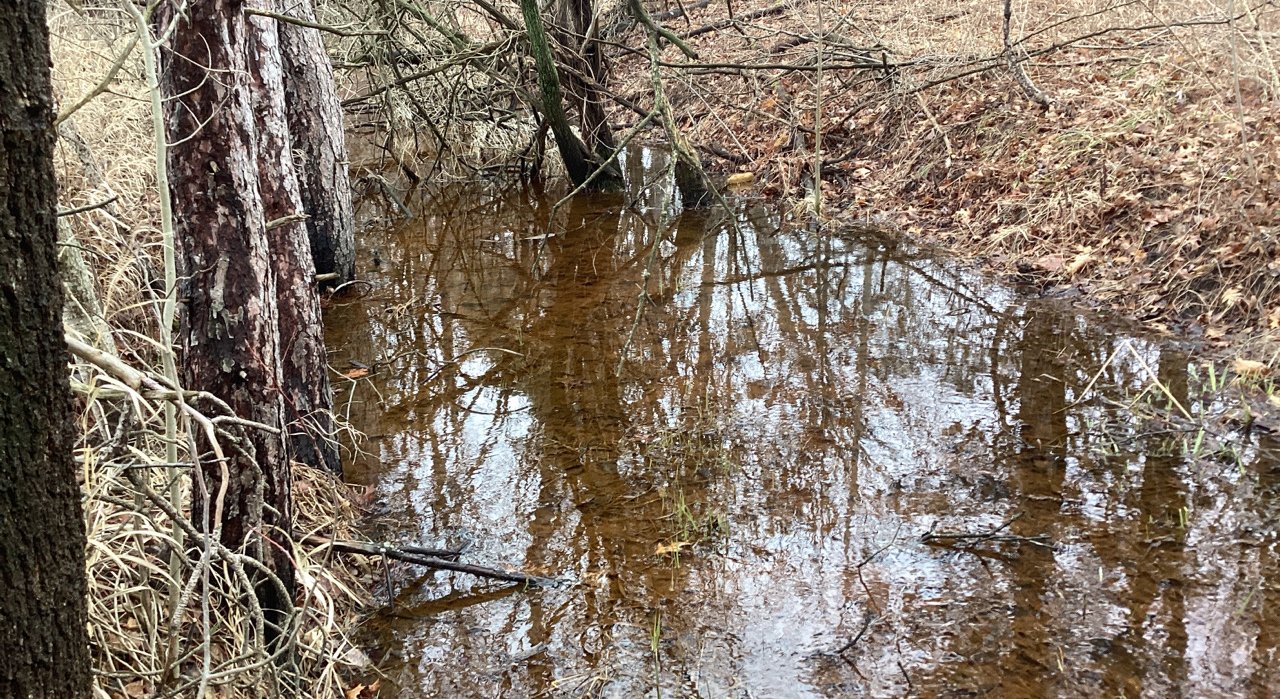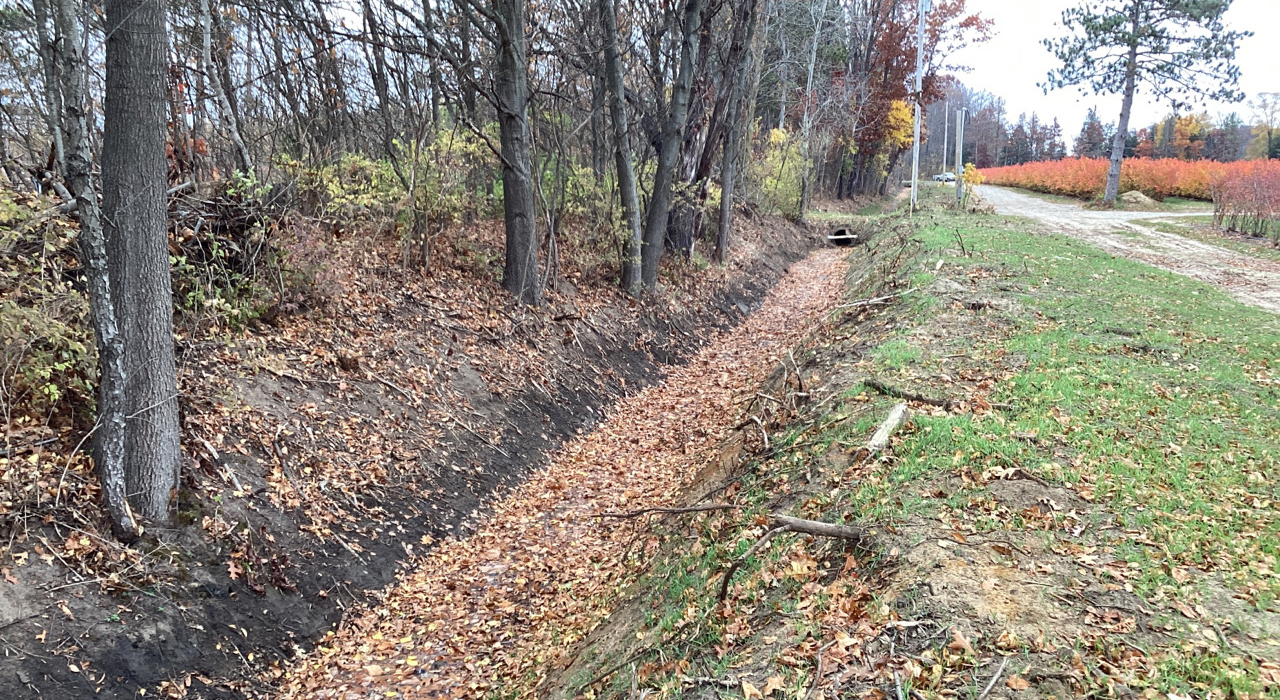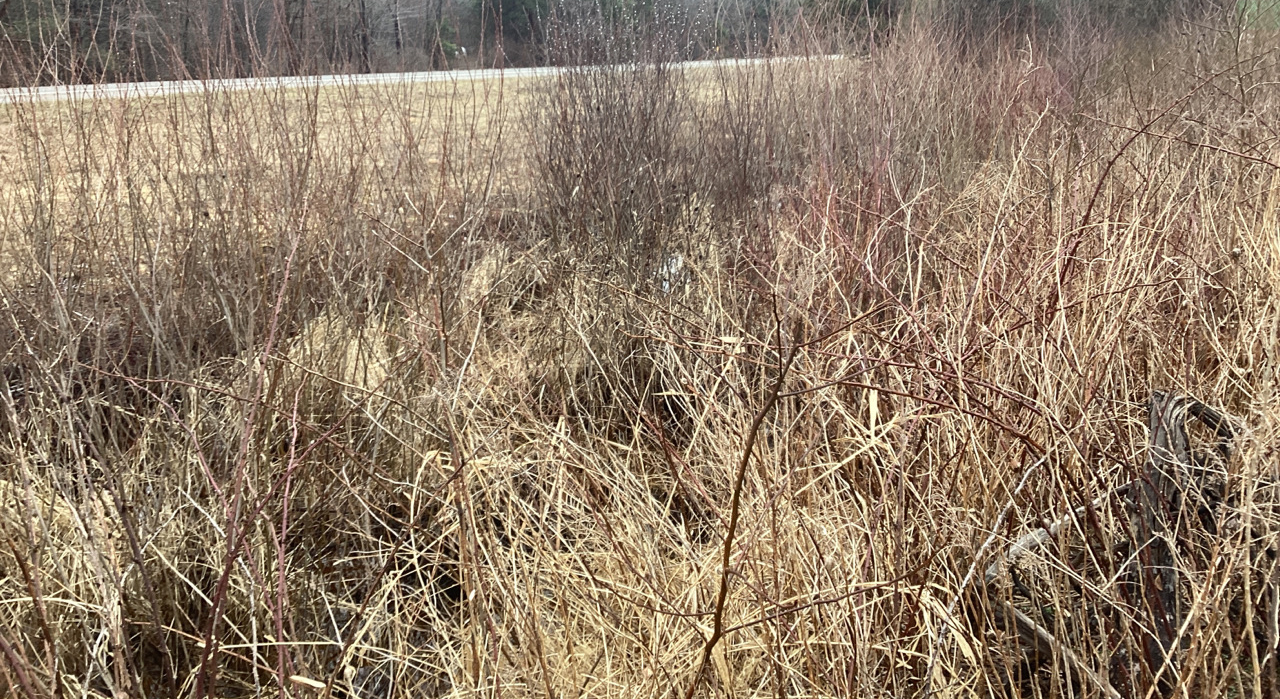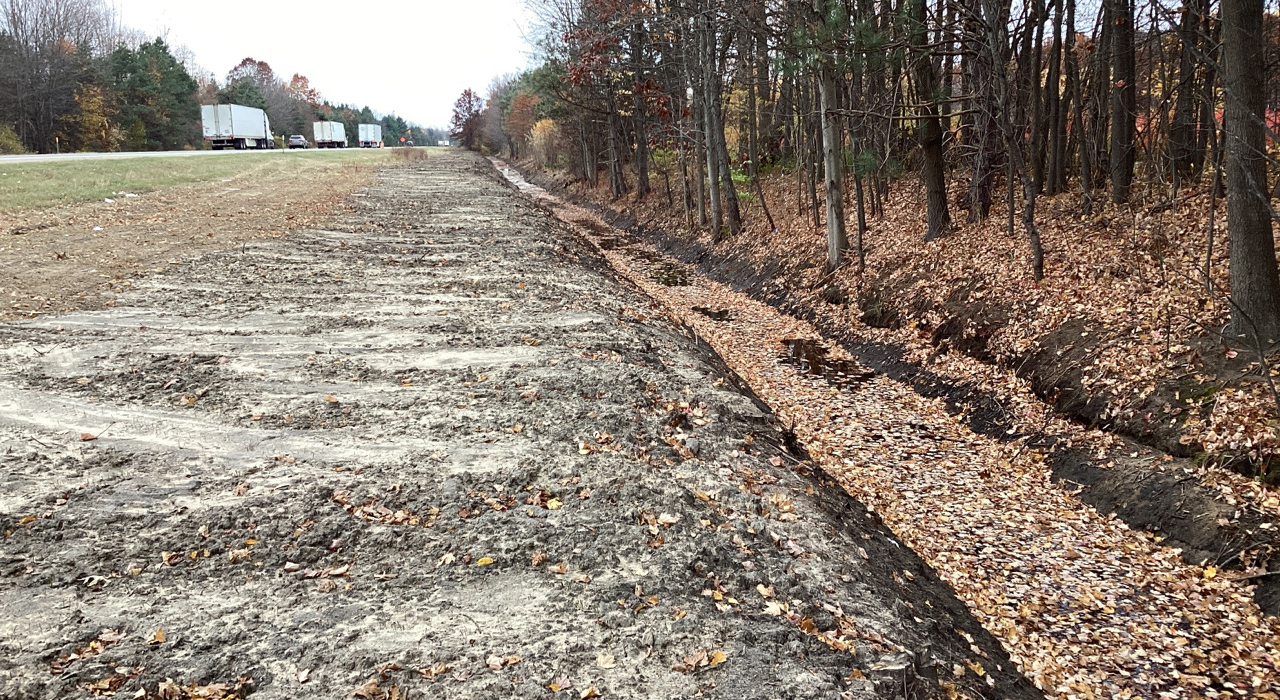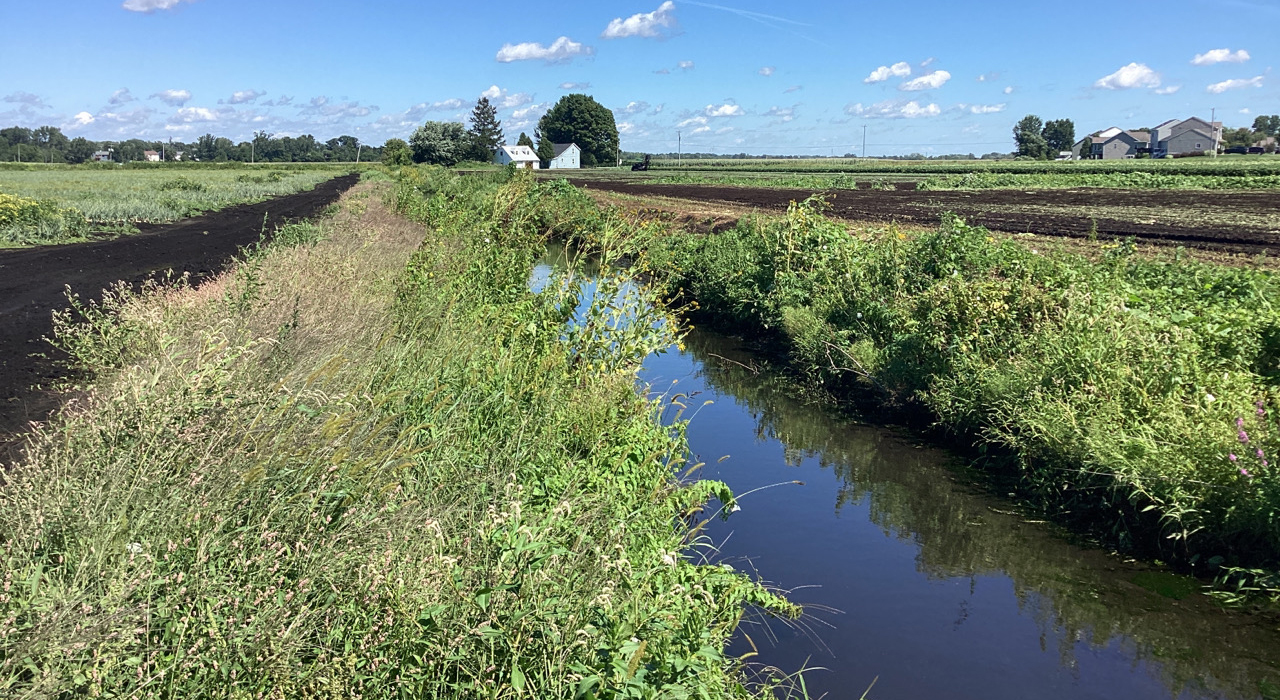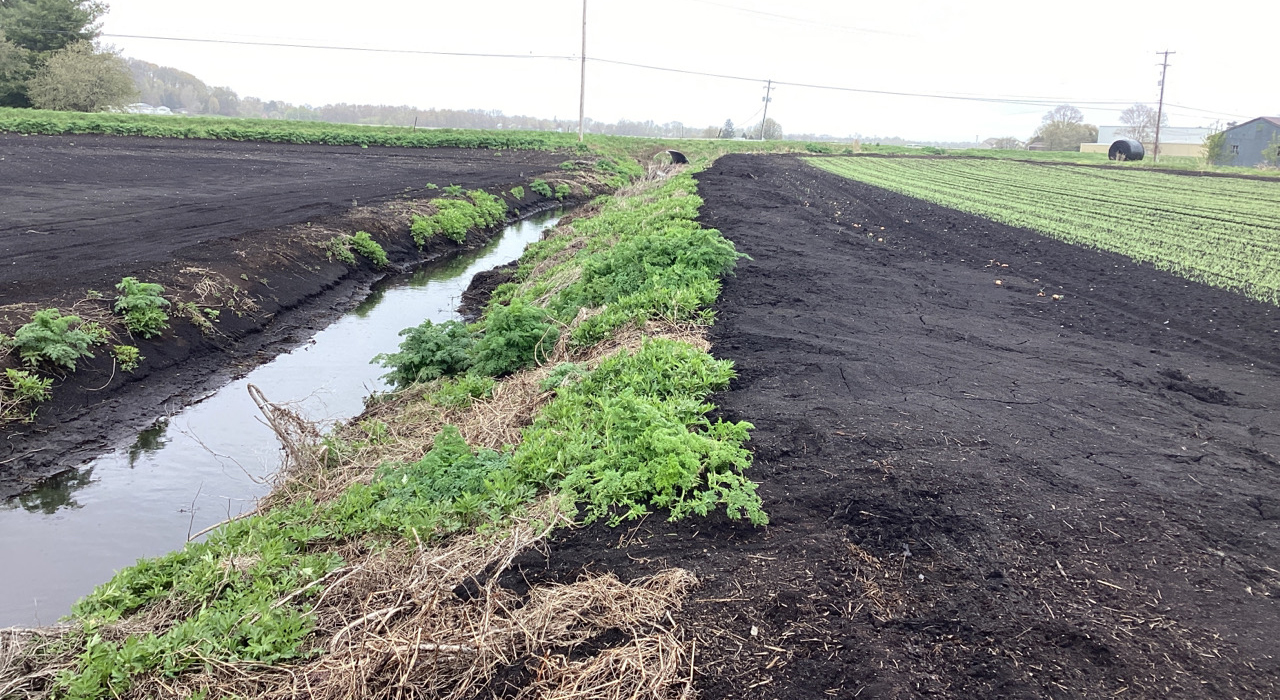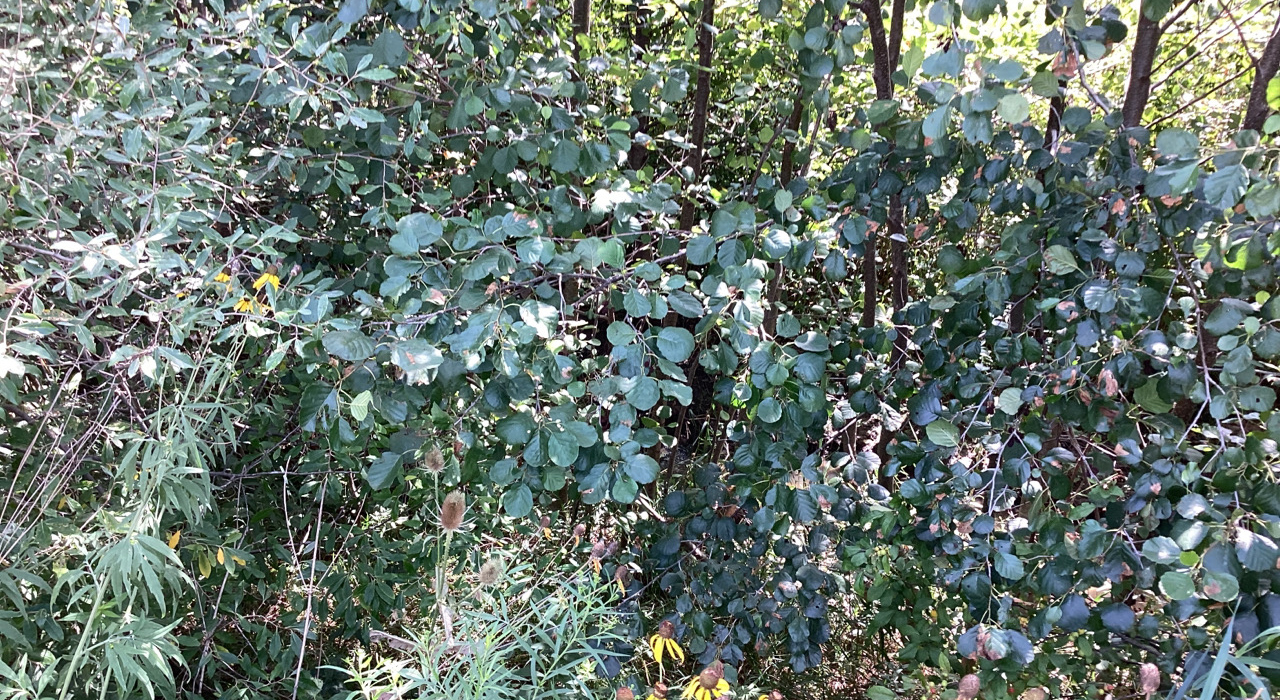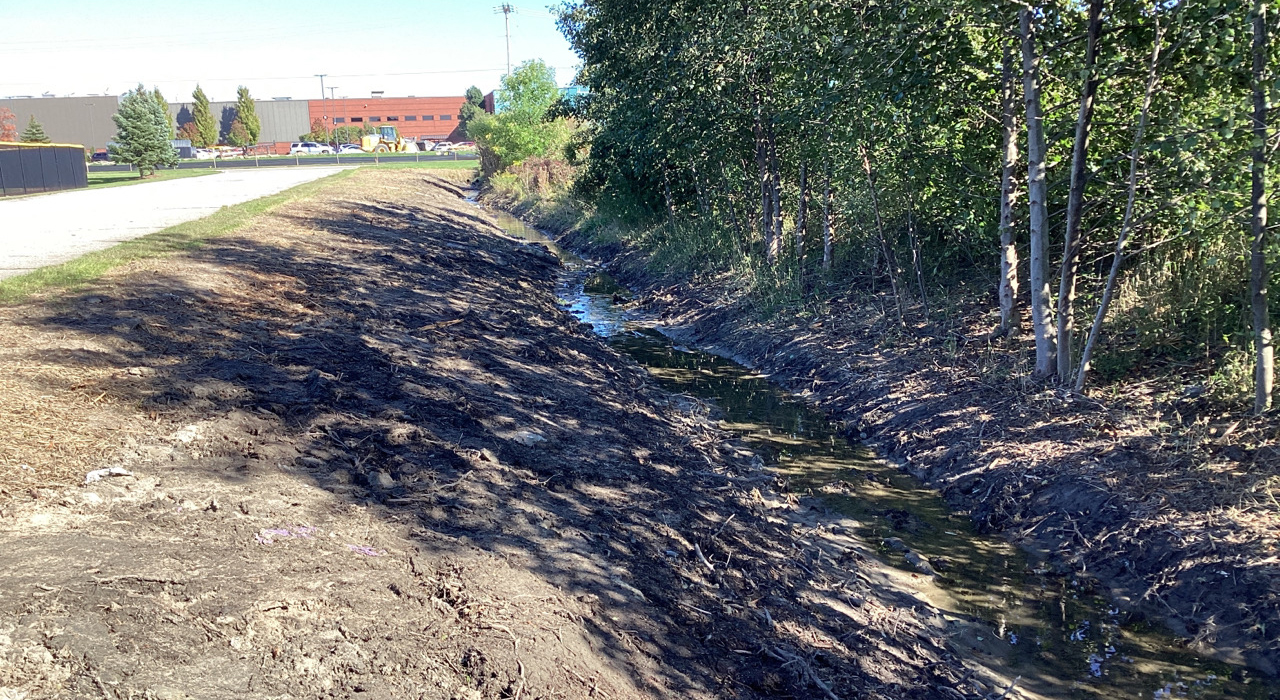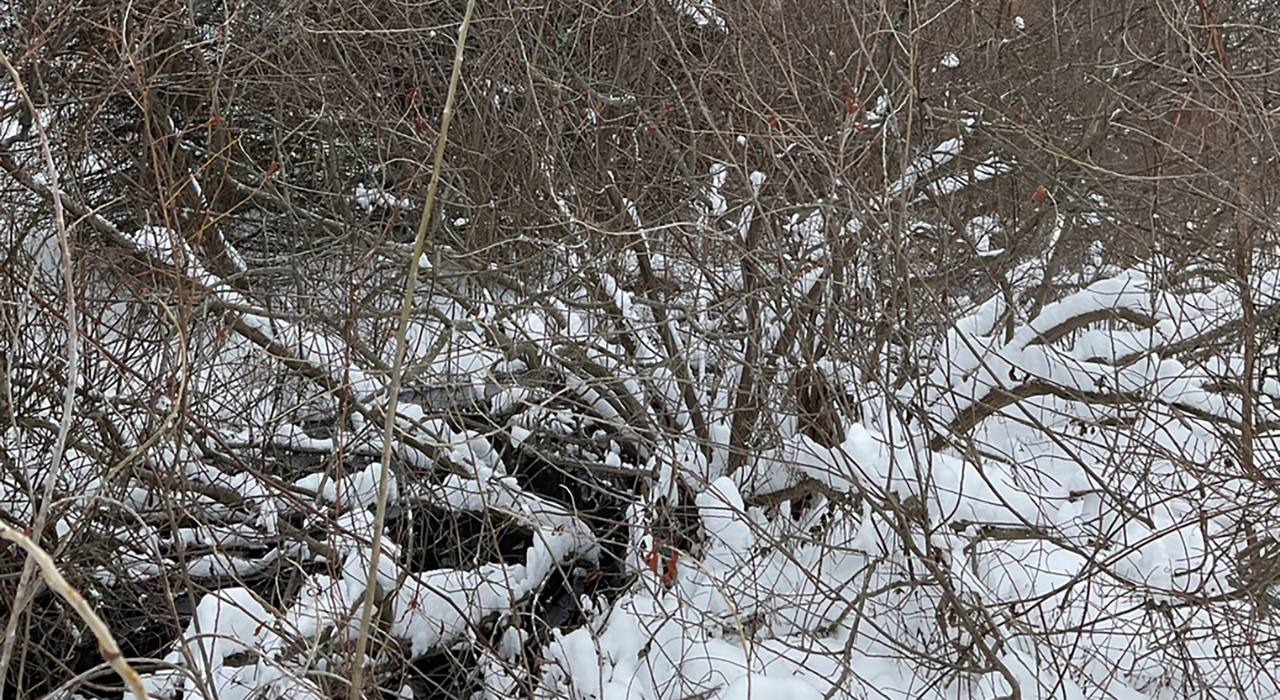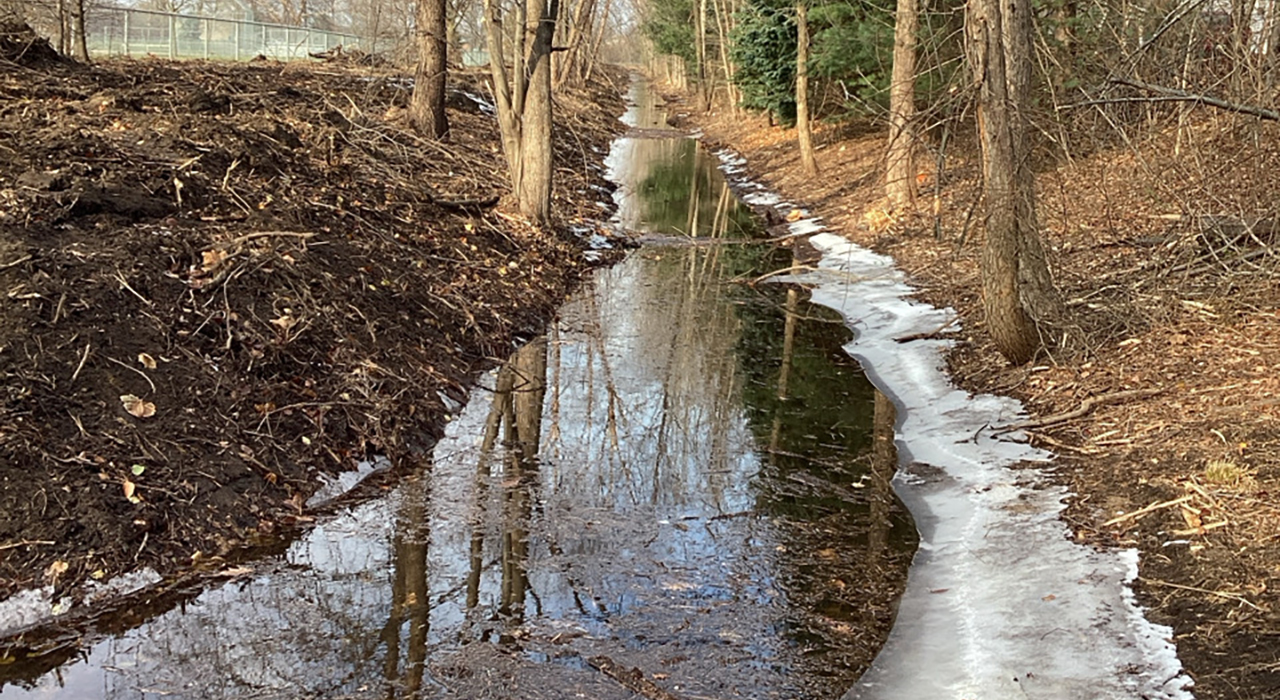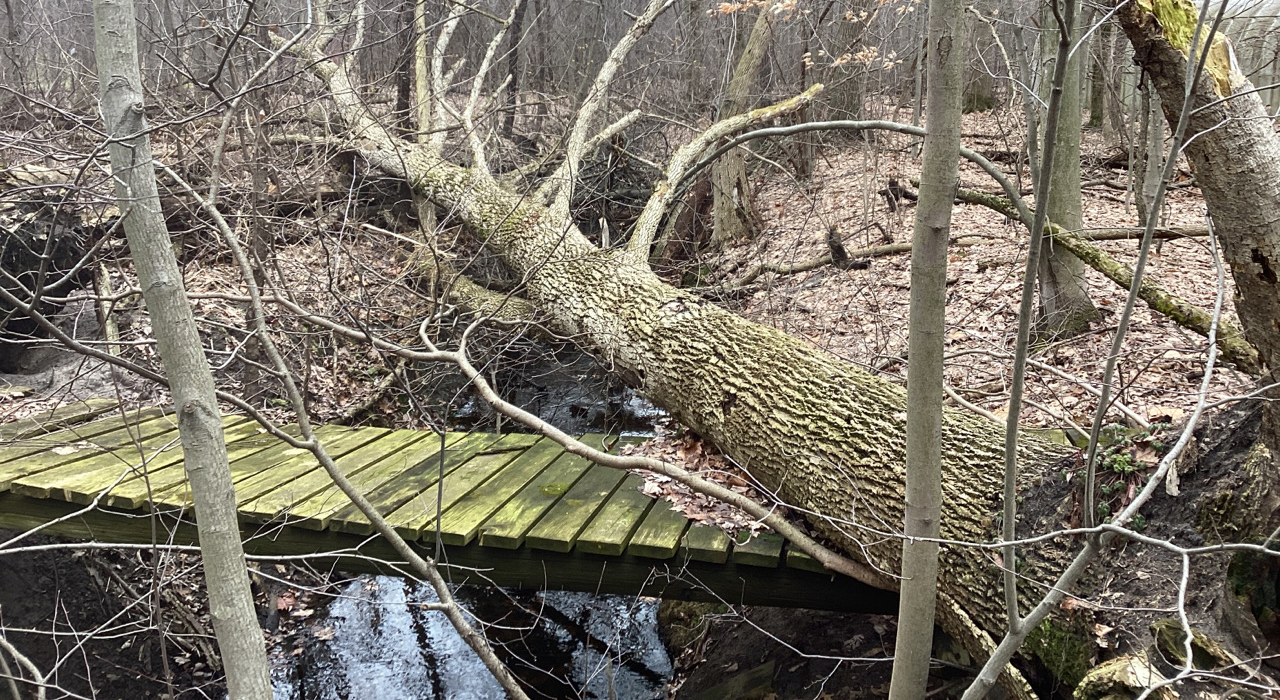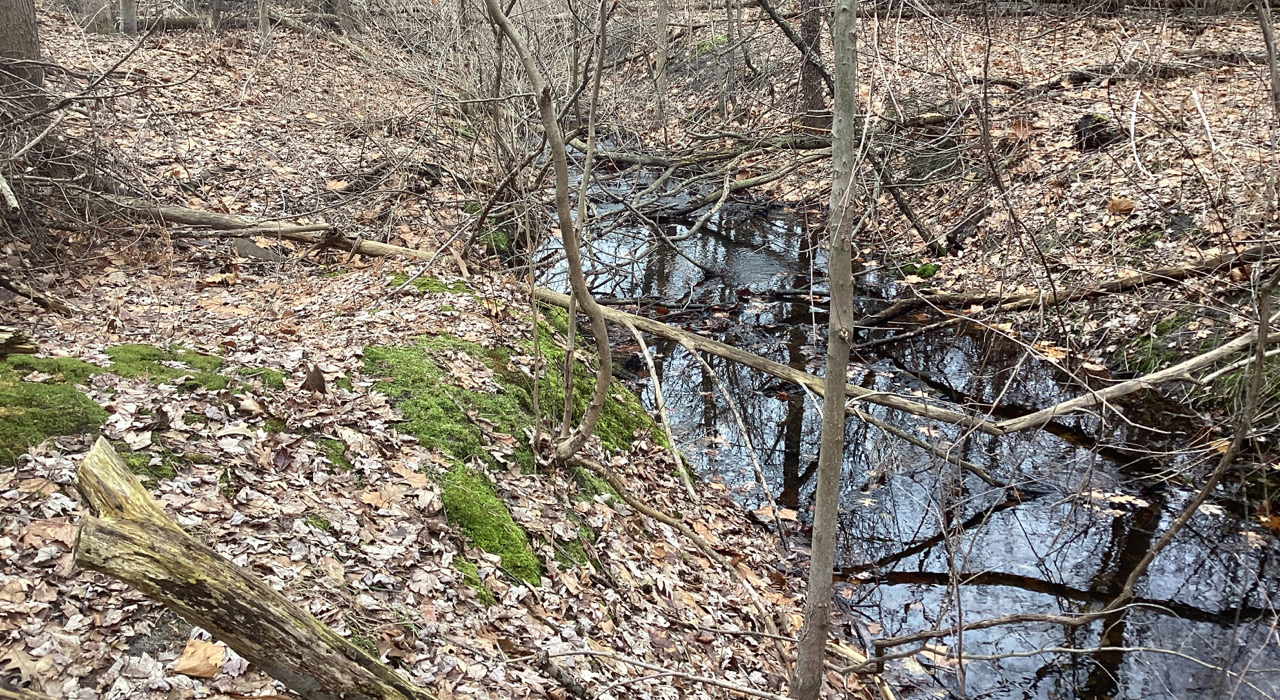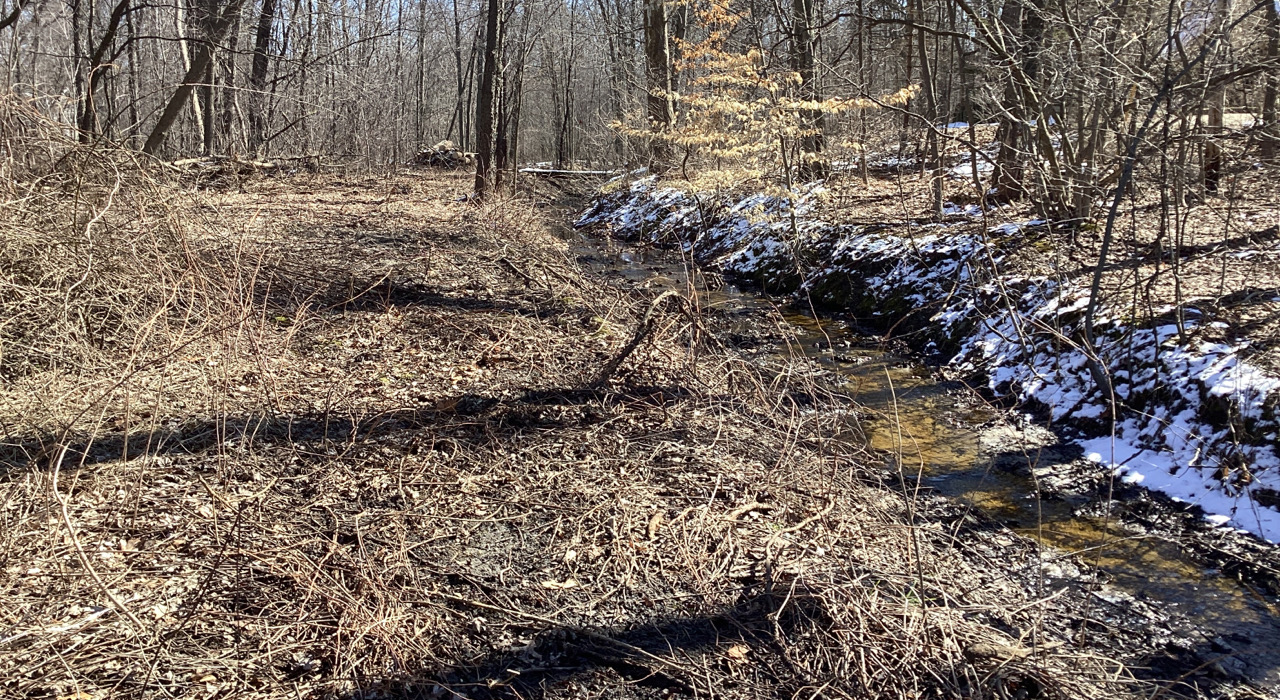The Water Resources Commissioner and his staff are responsible for construction, operation and maintenance of over 800 storm water management systems, "County Drains" in Ottawa County. These systems are designed to provide storm water management, drainage, flood prevention and stream protection for urban and agricultural lands. A County Drain may be an open ditch, stream, or underground pipe, retention pond or swale that conveys storm water.
Routine maintenance of County Drains is necessary from time to time to ensure their proper function. The Water Resources Commissioner may in any one year, expend up to $5,000.00 per mile, per drain for maintenance and repair. Major projects are initiated through a petition process. Either property owners or a local municipality can petition the Water Resources Commissioner. To recover costs expended for a project, Special Assessments are levied against private properties, local municipalities, the County and the County Road Commission, railroads and state highways benefited by the construction and/or maintenance.
